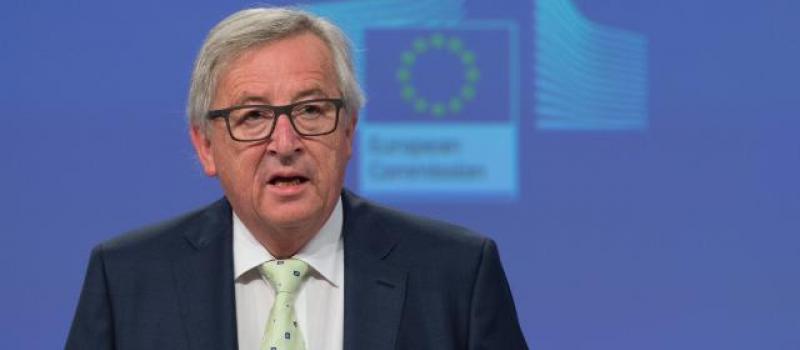Summary:
Brexit has been the biggest shock to global markets since the Global Financial Crisis in 2008. EconVue experts weigh in on the likely path of this new crisis, and answer your questions:
Will Brexit cause a global recession, or will its effects be contained in the UK and more broadly, Europe?
How will other countries and regions be affected?
Is this the first step in the dissolution of the European Union? Will other countries leave the EU, and how quickly?
Are there any winners?
Where does monetary policy go from here?
What is the likely effect on currencies?
What will happen to oil prices?
What are the geopolitical risks?
- Log in or register to post comments






